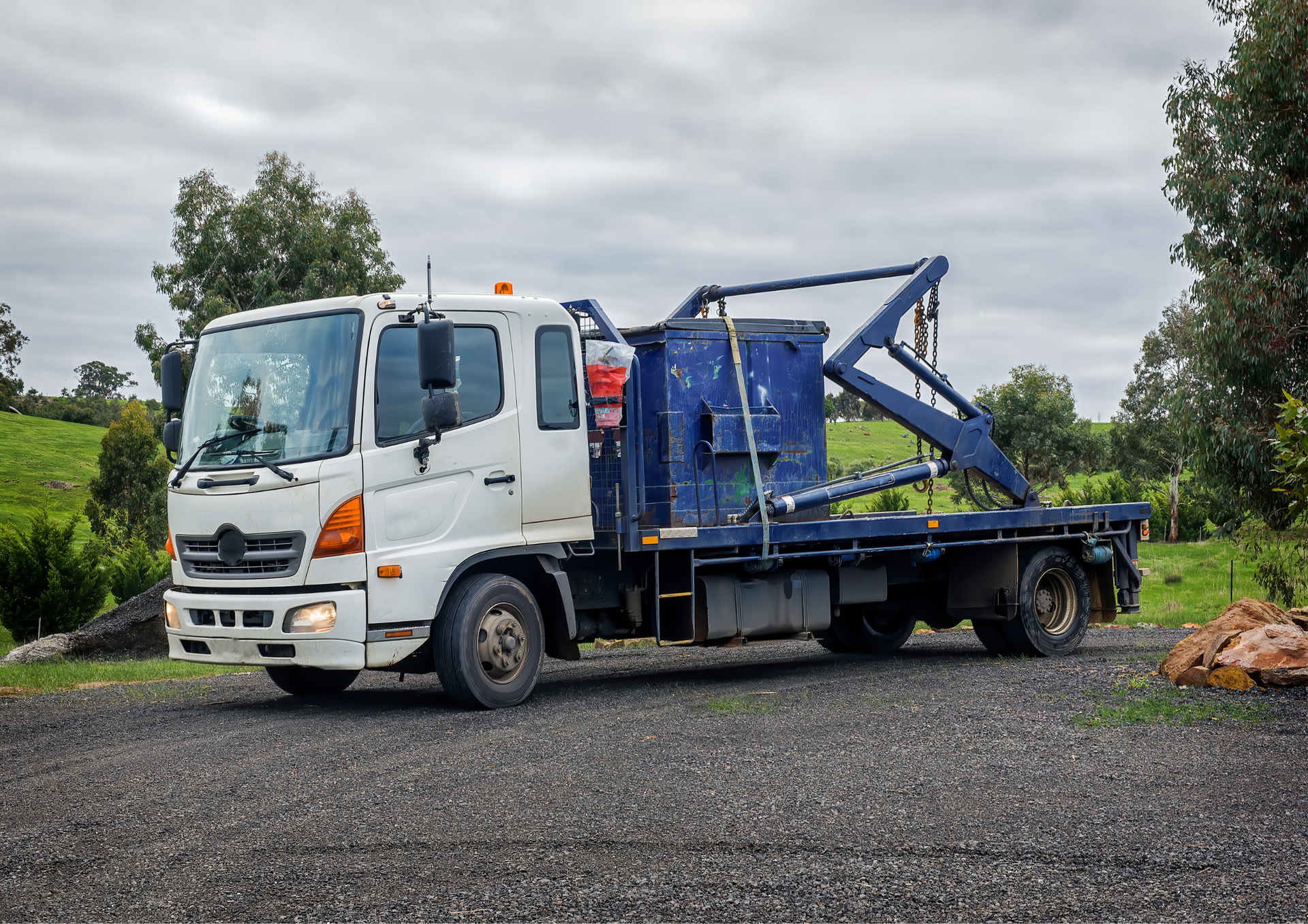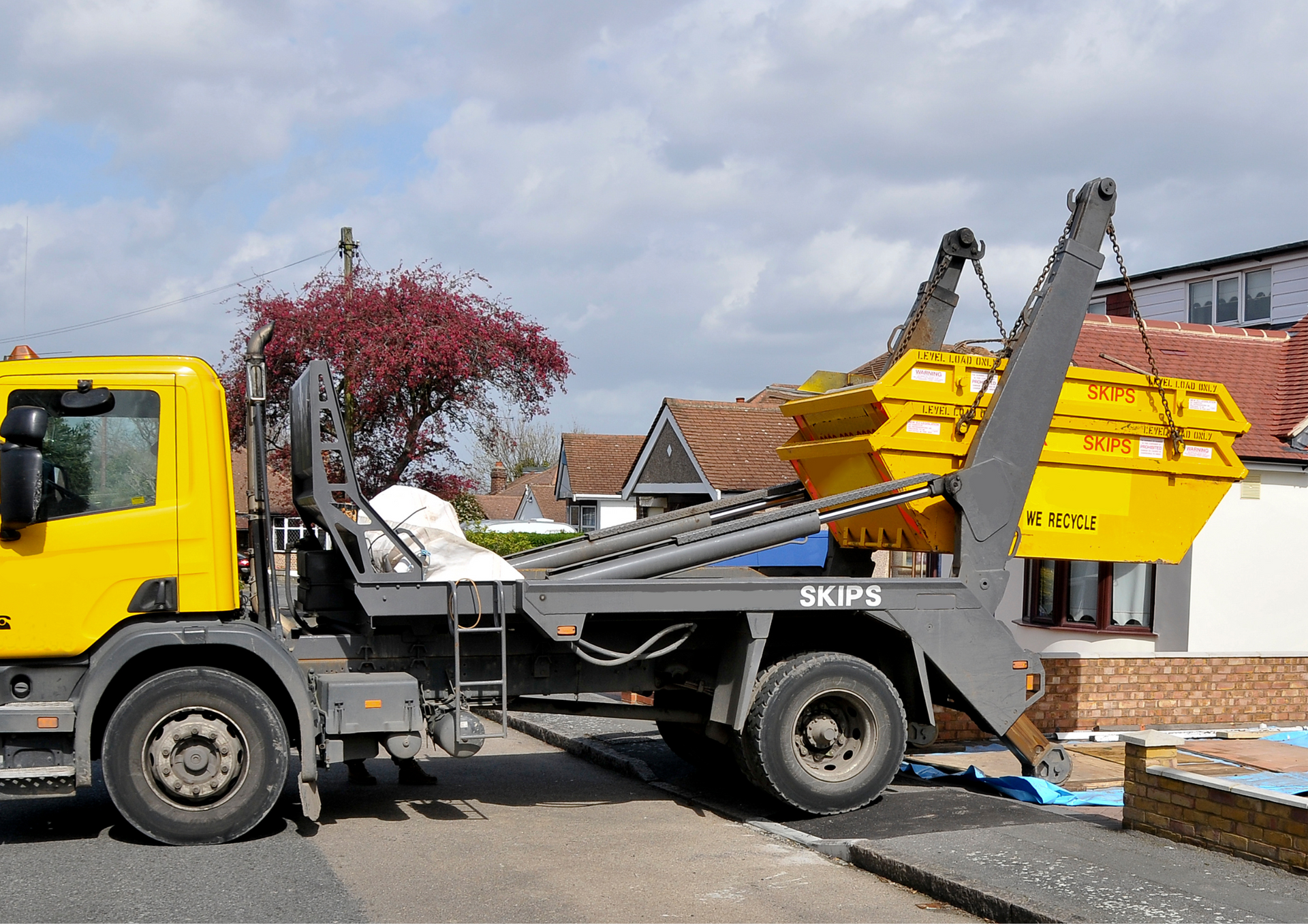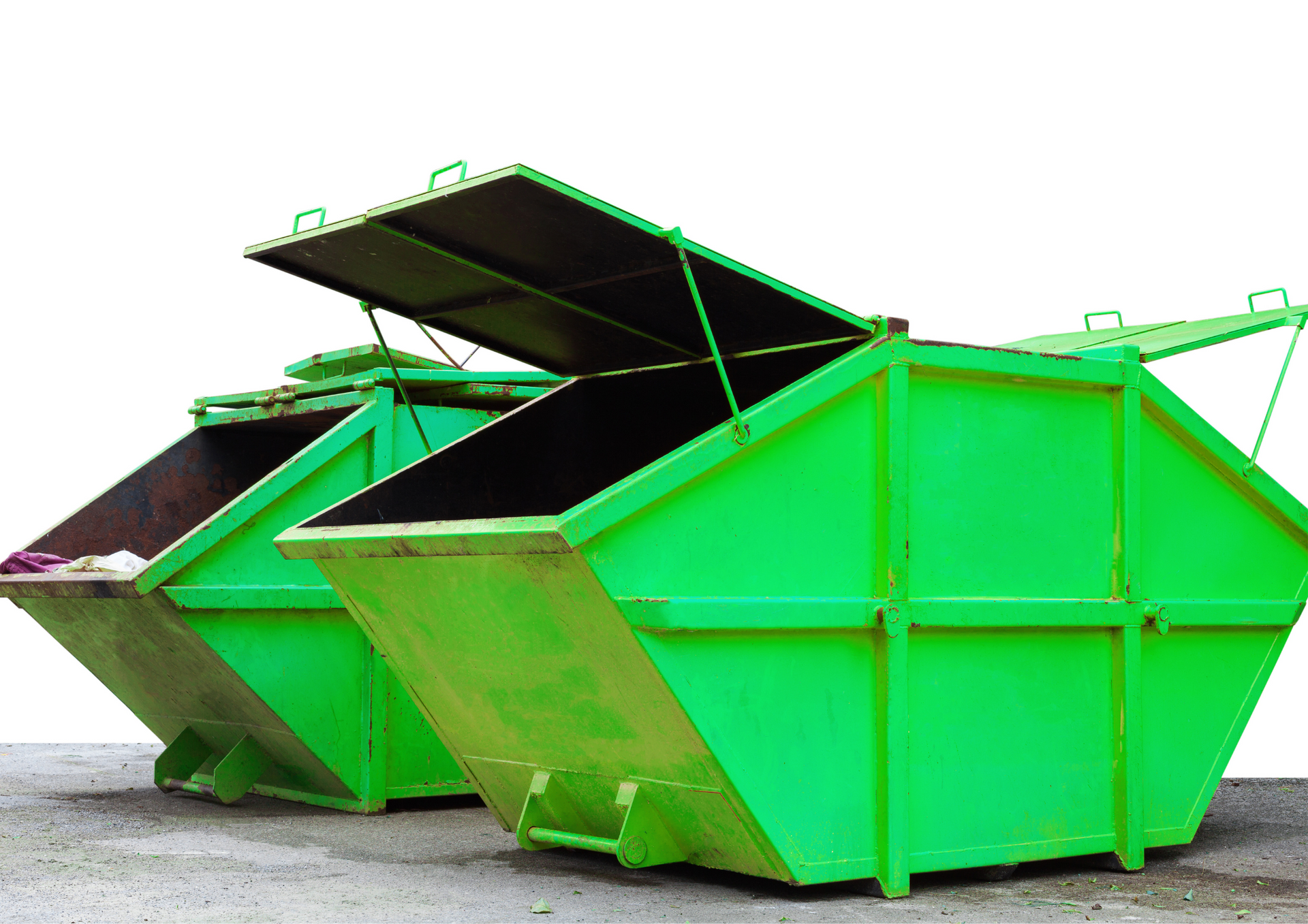What to Consider When Hiring a Skip for Large-Scale Projects
Whether you're a homeowner tackling a significant renovation or a business owner managing a construction site, hiring a skip is often the most efficient way to handle large volumes of waste. However, there are several important factors to consider when hiring a skip for large-scale projects. Choosing the right skip can save you time, money, and ensure compliance with legal requirements.
Here’s what you need to keep in mind when hiring a skip for your next project.
1. Understand Your Project’s Waste Requirements
Before hiring a skip, it’s essential to assess the type and volume of waste your project will generate. Large-scale projects such as home renovations, office clear-outs, or construction work can produce a variety of waste types, from building materials to green waste.
Understanding the nature of your waste is crucial because some materials, like hazardous waste, may require special handling and cannot be disposed of in regular skips. By clearly identifying your waste categories, you can ensure that you choose the right skip to meet your project’s needs without running into complications later on.
2. Choose the Right Skip Size
Choosing the appropriate skip size is critical for large-scale projects. Skips come in various sizes, typically ranging from 4-yard mini skips to 40-yard roll-on roll-off skips. A larger skip is usually more cost-effective for bigger jobs, as it reduces the need for multiple collections and helps you avoid overfilling penalties.
It’s always better to overestimate the size of skip you need, rather than risk getting one that’s too small. Hiring a skip that’s too small can slow down your project and lead to additional costs for extra collections or another skip hire.
3. Know the Rules for Waste Disposal
When hiring a skip, it’s essential to be aware of the regulations surrounding waste disposal. Certain items, such as chemicals, asbestos, or electrical appliances, are classified as hazardous and cannot be placed in regular skips.
To ensure you comply with local council regulations, check what can and cannot be disposed of in your skip. Failing to follow these guidelines could result in fines or legal issues, which can easily be avoided with proper planning. Always ask your skip hire provider if you are unsure about any restricted waste items.
4. Accessibility and Placement
Another key consideration is where you will place the skip. For large-scale projects, you’ll need to ensure that the skip is easily accessible for both delivery and collection. Think about the logistics of your site and whether the skip can be placed close to the project area.
If you plan to place the skip on public land, such as a street or pavement, you may need a permit from your local council. Failing to obtain the necessary permits can lead to delays and unexpected costs, so it’s worth checking this beforehand.
5. Timing and Duration of Your Skip Hire
For larger projects, timing is everything. You’ll need to consider how long the project will take and hire the skip for an appropriate period. Most skip hire companies offer a flexible hire period, allowing you to extend the hire if your project runs over the expected time frame.
It’s important to coordinate with the skip hire company to ensure timely delivery and collection. Be aware of collection arrangements, as overfilling a skip or missing a collection can incur additional charges.
6. Recycling and Sustainability Considerations
As environmental awareness grows, it’s important to consider the sustainability of waste disposal. When hiring a skip, opt for a company that is strongly committed to recycling and responsible waste management.
Reputable skip hire companies will sort through your waste and recycle as much as possible. This reduces the amount of waste sent to landfills and ensures that your project aligns with environmental goals and regulations.
7. Cost Considerations
Large-scale projects often come with tight budgets, so cost is a crucial factor when hiring a skip. The cost of skip hire will depend on the skip size, the type of waste being disposed of, and the duration of the hire.
Be aware of additional costs such as permit fees (if required) and overfilling penalties. It’s always a good idea to compare quotes from different companies to ensure you’re getting the best deal. However, remember that the cheapest option isn’t always the best. Choose a company that offers transparent pricing and excellent customer service.
Hiring a skip for large-scale projects can streamline your waste disposal process, but it’s important to consider factors like waste type, skip size, legal requirements, and costs. By planning ahead and working with a reputable skip hire company, you can ensure that your project runs smoothly, stays on budget, and complies with regulations.
At Skip Hire Derby, we pride ourselves on offering reliable and efficient skip hire services tailored to meet the needs of large-scale projects. Our wide range of skip sizes ensures we have the perfect solution for your waste disposal needs, no matter the scale of your project. Focusing on customer satisfaction, competitive pricing, and sustainable waste management, we make skip hire simple and hassle-free. Choose us for your next project and experience the difference that professional and dependable skip hire in Derby and surrounding areas.
Check our GBP update on what to consider when you hire a skip for large scale projects.
You might also like
Service Areas
Give us a call today!




